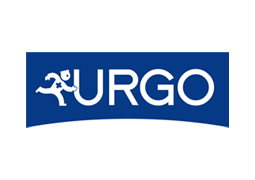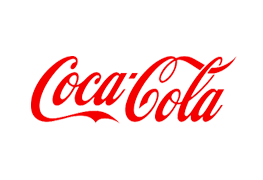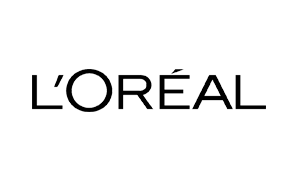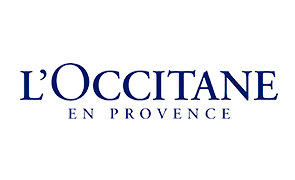SENSORY TESTS, CONSUMERS & MARKETING
Areas of activity
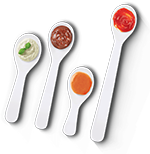
Food
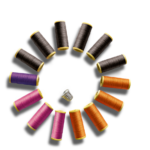
Textile
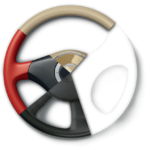
Equipment
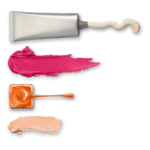
Cosmetics
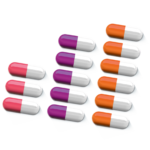
Pharmaceutical
Adapt your product to a specific market
- 66% of consumers say that sensory marketing positively changes their opinion.
- The individual retains 35% of what he smells.
- 70% of consumers think that emotions count for 50% in their purchasing decision.
- The individual retains 5% of what he hears.
- Touch influences our purchase decision by 6%.
- Color increases readership by 40%.
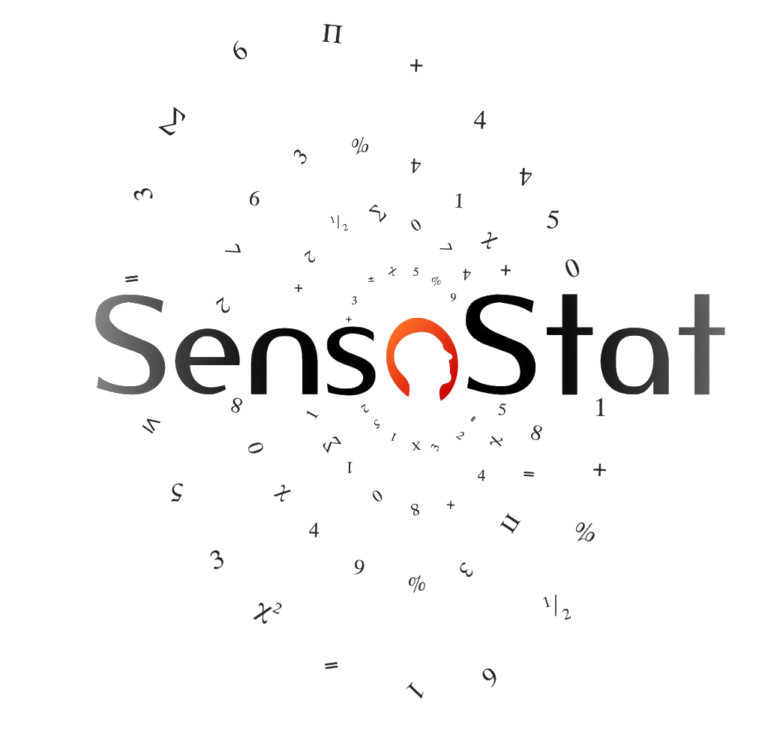
Come and discover our latest articles
Non classé
05 Apr 2020
Sensory experimental economics
Learn how experimental economics helps to get product or concept feedback and to predict
Non classé
06 May 2019
Focus on… Lauriane Demonteil, Ph.D, Sensory Project Manager
After earning a Professional Master’s degree in Perception Neurophysiology and Sensory Evaluation (more…)
Non classé
08 Feb 2019
Focus on… The Flash Profile
Is your aim to perform sensory characterization of your products using a qualitative and
Non classé
23 Nov 2018
FOCUS ON… ON A NEW SENSOMETRY THESIS
Are you interested in the research we conduct in sensory analysis? We are looking
Non classé
15 Oct 2018
Go to the Sial Paris 2018
Find us at @sial_paris on the @foodtech booth (on the Hall 6 plot) on
Evènement
23 Jul 2018
Focus on… EuroSense – Part 2: Profiling food advertisements
Would you believe us if we told you it is possible to use sensory
Need to keep you informed?
Subscribe to our newsletter


